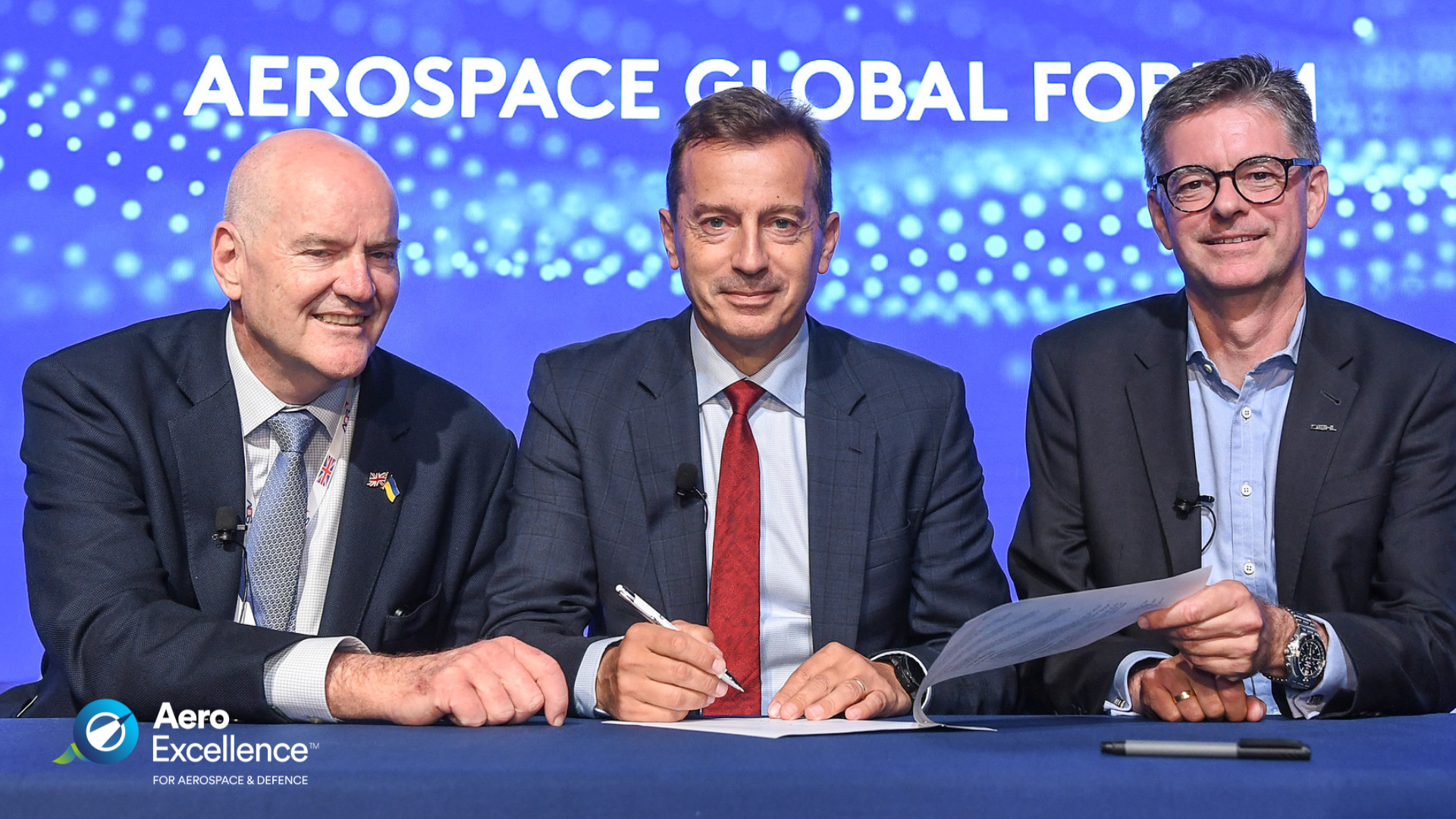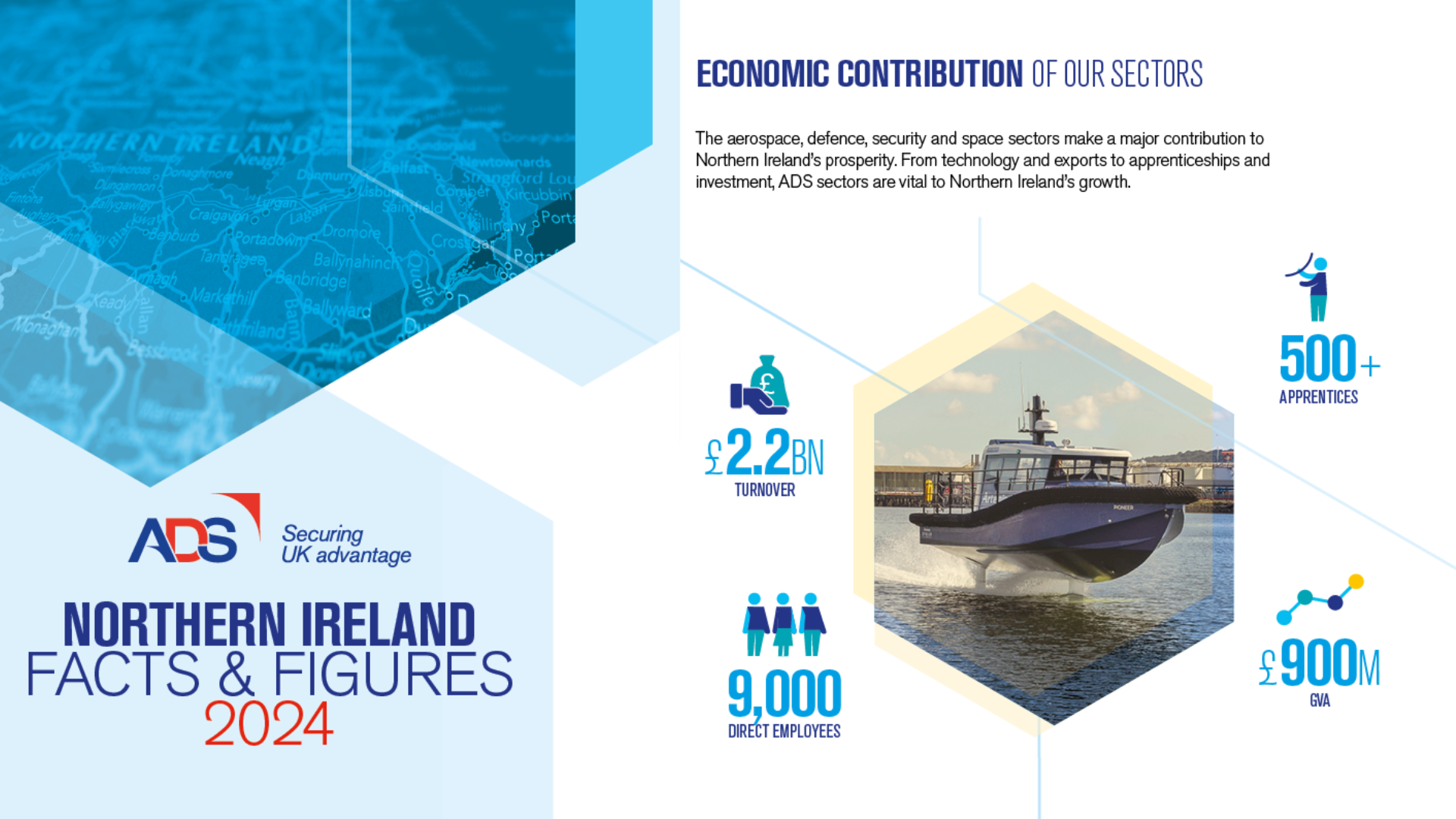
Written by Emma Evans, ADS Public Affairs Adviser
Liverpool played host to this year’s Labour Party conference and saw the commitments to 100% clean energy by 2030 and the return of an Industrial Strategy to focus action and the creation of a statutory Industrial Strategy Council to monitor progress. For ADS and its membership the conference was an opportunity to promote the importance of our sectors in securing UK advantage and to set out how we can work with the Labour team to bring forward a forward looking policy programme that will create high end manufacturing jobs.
ADS roundtable
On Monday, ADS Chief Executive Kevin Craven hosted a defence roundtable with Shadow Secretary of State for Defence John Healey MP and his shadow Frontbench team in Parliament to talk through the upcoming priorities of industry. The discussion covered issues such as ensuring an effective future for the implementation of social value in defence contracts; how the UK Government can protect SMEs and supply chain partners from fluctuating financial markets; and how industry and government can work together to create a more agile procurement system and encourage longer term investment in the sector.
Chris Evans MP, who serves in the shadow frontbench team as the Shadow Minister for Defence Procurement, spoke on the need to support the entire defence supply chain and industrial ecosystems, with members sharing problems encountered by many SMEs when it comes to access to finance, and the wider difficulties and opportunities of ESG. Discussions also focused on the upcoming review of the Integrated Review, and conversations were held with Paul Sweeney MSP on how to ensure effective working relations across the UK Government, devolved governments, and industry.
Speeches and policy motions
Speeches and policy motions debated by Labour Party members are also an important part of Conference as they set the Party’s policy agenda.
In Sir Keir Starmer MP’s speech, the key points included:
- That Britain should be making strides and leading the world in new technologies, including hydrogen power.
- Labour’s Green Prosperity Plan was called the biggest partnership between government, businesses and communities the UK has ever seen, with more than one million new jobs.
- Employers will be given flexibility to invest in the training they need, and will be invited to drive forward a modern industrial strategy – Starmer described this as “a true partnership between government, business and trade unions”.
Shadow Chancellor of the Exchequer Rachel Reeves MP delivered a speech, calling for the abolition of business rates, and to “replace them with a fairer system fit for the 21st Century.” She also announced that she will create a National Economic Council to bring together industry and trade unions. Highlighting a visit to Rolls-Royce in Derby, the Shadow Chancellor praised their “pioneering research into carbon neutral aviation”. She said in her speech that Labour will “use all powers at government’s disposal to buy, make and sell more here in Britain”.
The Shadow Secretary of State for Defence John Healey made a speech in which he:
- Announced that Labour would make it “fundamental that British defence investment is directed first to British Businesses, with a higher bar set for any decision to buy abroad”.
- Noted a Labour government would ensure the Fleet Solid Support Ships were built in the UK.
- Reiterated Labour’s support for the Government’s approach to Ukraine.
- Criticised how the Government has cut Armed Forces numbers, and said that the Government had “overseen a broken procurement system”.
- Called NLAW missiles “vital” to the defence of Ukraine, but highlighted that there was still not production to restock stores.
Meanwhile, the Shadow Secretary of State for Business and Industrial Strategy, Jonathan Reynolds MP, announced the launch of Labour’s Industrial Strategy, which, among other things, will take action to deliver clean power by 2030 and bolster national supply chain security. He also said in his speech that targets for greater spending on research and science were the real way to encourage economic growth.
Policy motions debated included:
- A motion was passed expressing support for an increase in defence manufacturing spending, to ensure that the UK can better aid Ukraine
The feeling in Liverpool was that the conference had successfully positioned the Labour Party as having a credible plan to restore confidence in the public finances and a clear industrial plan to grow the economy. Attention now turns to the Conservative Party conference which meets in Birmingham and will see the Prime Minister and her ministerial team set out their agenda for the country at a time of pressure on the economy and uncertainty abroad.





